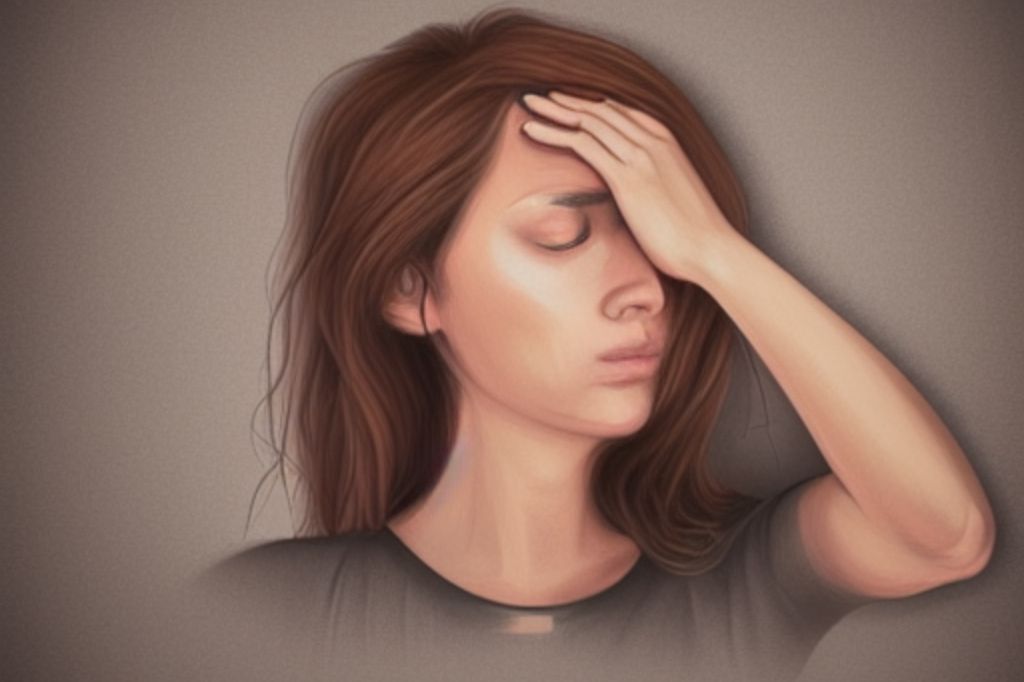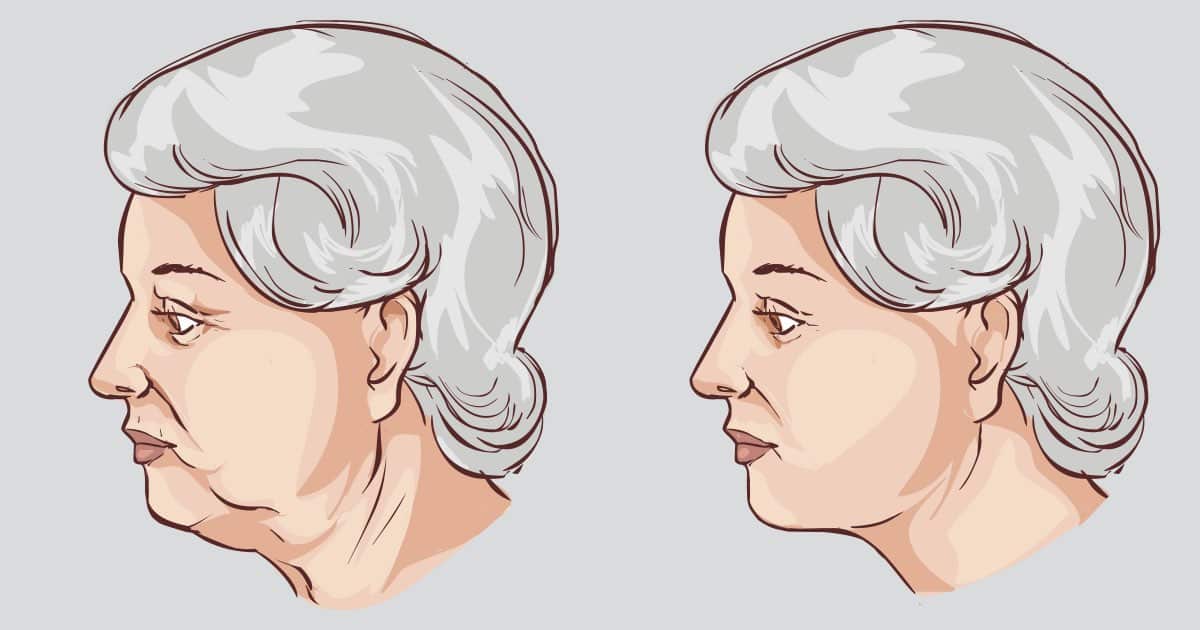Why Do I Keep Getting Headaches Every Time?
Basically, headaches are a common ailment that anyone can suffer from. They may seem innocuous at first, but when they occur frequently, it is possible that they may signify an underlying health issue. In this article, I’ll delve into the possible reasons for recurrent headaches and how they affect your daily life. So, if you’ve been asking yourself, “Why do I keep getting headaches every time?” you’re in the right place.
Things You Should Know About Different Types of Headaches
Before we delve into the causes of headaches, it is important to note that not all headaches are the same. They can be categorized into different types, each with distinct characteristics. A thorough understanding of these types can help you identify your condition more accurately.
Tension Headaches
Generally speaking, tension headaches are perhaps the most frequently experienced category of headaches among adults. They often result from the involuntary tightening of muscles in the neck, face, scalp, and jaw, typically induced by stress, anxiety, or strain.
The experience of a tension headache is often described as a persistent, dull pain encircling the forehead or the back of the head and neck. Some people liken it to an unyielding band squeezing their head. Additionally, tension headaches might come with a heightened sensitivity of the scalp or tenderness in the shoulder and neck muscles.
It’s worth noting that, unlike migraines, tension headaches don’t usually result in nausea or vomiting, and they don’t make the person especially sensitive to light or sound. However, they can certainly be disruptive to your daily activities and cause significant discomfort.
Migraines
Another common type of headache is a migraine. Migraines are severe headaches that can last for hours or even days. Symptoms of a migraine can include pulsating or throbbing pain, usually on one side of the head, nausea, vomiting, and increased sensitivity to light and sound.
Cluster Headaches
Cluster headaches, although less common, are intense and can be debilitating. They’re characterized by sudden, very severe headaches that occur in clusters, often at the same time of the day or night for several weeks.
Potential Causes of Recurring Headaches
Now that we’ve identified the types of headaches let’s look at what can cause recurring headaches.
Poor Sleep Habits
Sometimes, the answer to “Why do I keep getting headaches every time?” lies in your sleep habits. Not getting enough sleep or having a disrupted sleep schedule can contribute to frequent headaches.
Stress
More often than not, stress can be a significant trigger for recurrent headaches. This is especially true for tension headaches.
Dehydration
Not drinking enough water can also lead to headaches. When your body is dehydrated, your brain can typically temporarily contract or shrink due to the lack of fluid, leading to a dehydration headache.
Diet and Lifestyle
Certain foods and beverages, including processed foods, alcohol, and caffeine, can trigger headaches in some individuals.
Eye Strain
In our digital age, many of us spend long hours in front of screens, leading to eye strain. This can include symptoms such as dry eyes, blurred vision, and, yes, headaches.
Poor Posture
Poor posture, especially when sitting for long periods, can lead to muscle tension in the neck, shoulders, and upper back. This tension can, in turn, cause headaches.
Medical Conditions
Certain medical conditions can also cause headaches, including:
- Sinusitis: This is an inflammation or swelling of the tissue lining the sinuses, often leading to aching in the forehead and cheekbones.
- High Blood Pressure: Although most people with high blood pressure do not have symptoms, some may experience headaches.
- Hormonal changes: Many women experience migraines or other types of headaches due to fluctuations in their hormones during menstruation, pregnancy, or menopause.
- Infections: Certain infections can cause headaches, such as the flu or a cold. More serious infections, like meningitis, also list headaches among their symptoms.
Remember, this list is not exhaustive. Other medical conditions can also trigger headaches.
How to Manage Recurring Headaches
Once you have identified the possible cause of your recurring headaches, the next step is to manage or prevent them.
Improve Your Sleep Habits
Since poor sleep can contribute to recurring headaches, improving your sleep hygiene should be a priority. This can involve setting a consistent sleep schedule, creating a restful environment, and limiting daytime naps.
Manage Stress
Find ways to reduce and manage stress. Techniques could be as simple as taking deep breaths, yoga, or more structured practices like cognitive-behavioral therapy (CBT).
Stay Hydrated
Make sure to drink enough water throughout the day to prevent dehydration and headaches.
Maintain a Healthy Diet
Eating a balanced diet and avoiding known dietary triggers can also help manage recurring headaches.
When to See a Doctor
While most headaches are not serious and can be treated at home, there are times when it’s important to see a doctor. You should seek immediate medical attention if your headache:
- Is sudden and severe.
- Is accompanied by fever, stiff neck, confusion, seizure, double vision, weakness, numbness, or difficulty speaking.
- Follows a head injury.
- Is worse in the morning.
- Becomes increasingly painful and frequent.
- Changes in pattern or behavior.
Remember, if your headaches persist or worsen, it is important to seek medical advice. Keep a headache diary to record your symptoms, triggers, and the effectiveness of any treatments or lifestyle changes you make. This can be very beneficial in your journey to manage and mitigate recurring headaches.
Further reading: How to Get Rid of Headaches






